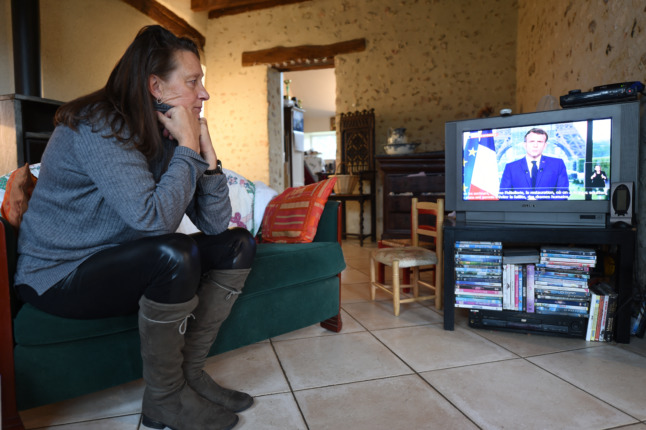Altogether, the Allmänna Pension (AP) funds hold stock in weapons companies valued at 2 billion kronor ($330 million), according to news website E24.
The AP funds don’t have any limitations like the Norwegian public pension fund, Pensjonsfonden, which has blacklisted companies that contribute to the production of nuclear weapons and cluster bombs.
As a result, American arms companies like Lockheed Martin, United Technologies, Raytheon, Honeywell International, and Northrop Grumman are excluded from the Norwegian fund’s portfolio, as they manufacture weapons and components for both cluster bombs and nuclear weapons systems.
A review by E24 shows that Sweden’s AP funds have increased their holdings in the companies.
The Första AP Fund has purchased stock in all five companies in the second half of 2007. Its holdings increased by 40 million kronor to 490 million, despite that the stock market dropped during the same period.
Things look similar in the other AP funds.
Four of the AP funds have created their own ethics committee, but that doesn’t mean that things are going to change.
“Our rules are built on the principle that we follow the international conventions Sweden has signed, and we can’t have it any other way. For example, Sweden has signed the anti-proliferation treaty for nuclear weapons, but within its framework the manufacture of atomic weapons is allowed,” said Carl Rosén of the Andra AP Fund and chair of the ethics committee.


 Please whitelist us to continue reading.
Please whitelist us to continue reading.